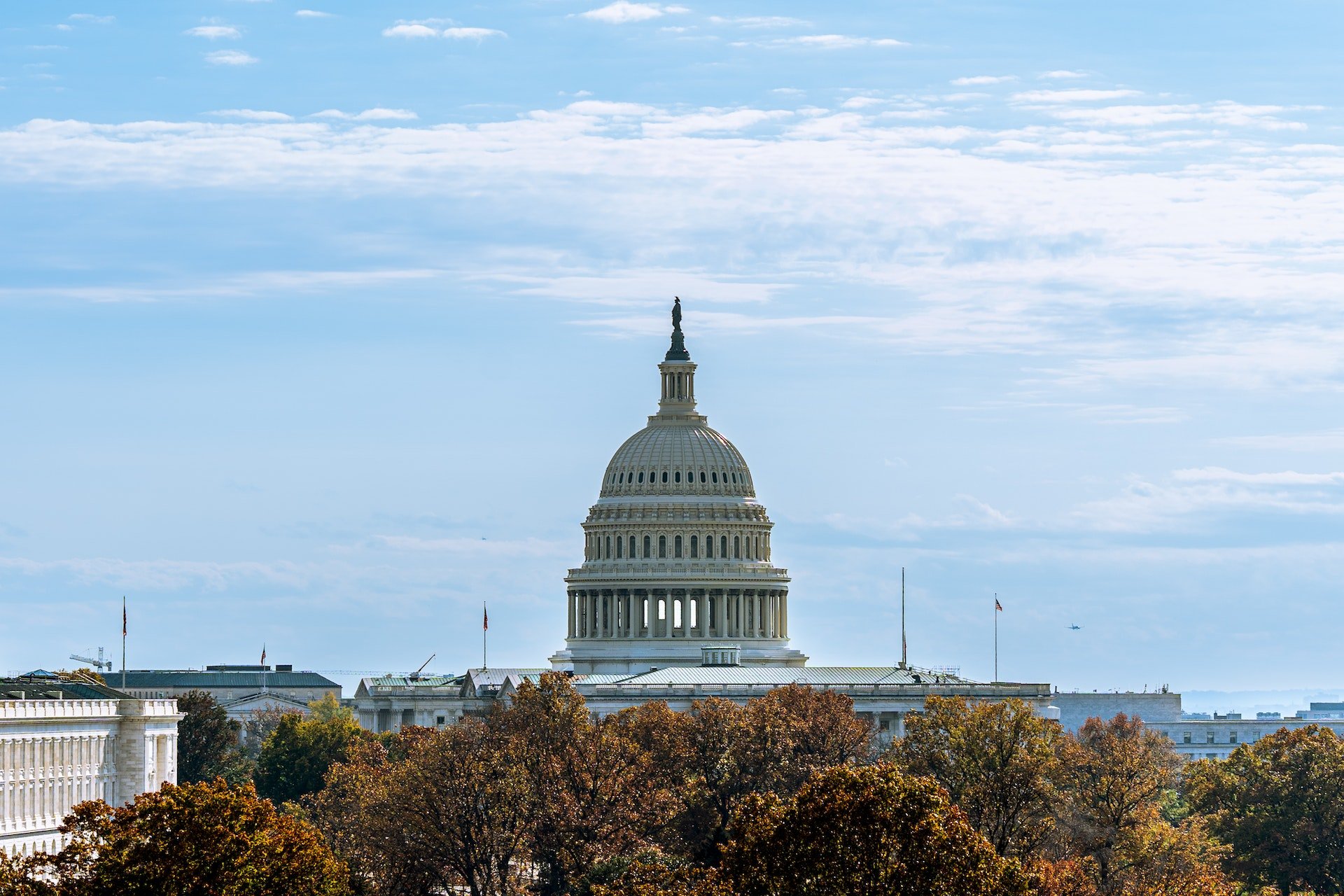Large Firm Service. Small Firm Attention.

SHARE
Special Needs and Elder Law Proposed Legislation of Interest
Published April 5, 2023
I recently attended the Special Needs Alliance meeting. The Special Needs Alliance (SNA) is a national organization comprised of attorneys committed to the practice of disability and public benefits law. This organization is by invitation only of which I have the privilege of serving as President Elect of their Board of Directors. The SNA invests time and resources in Congress on proposed legislation which affects our clients and practices. The following is a summary of current bills the SNA is tracking which may benefit individuals with disabilities, and aging clients. If any of these bills are of interest to you, please contact your elected Congressperson and Senator.
Protection and Advocacy in Education Act – H.R.9100 / S.5013 (DeSaulnier and Hassan) To authorize grants to establish a national education protection and advocacy program to enforce the rights and protections under the Individuals with Disabilities Education Act, the Americans with Disabilities Act of 1990, and section 504 of the Rehabilitation Act of 1973, and for other purposes (introduced 9/29/22).
Social Security Expansion Act – H.R.1046 / S.393 (Schakowsky and Sanders) Extends the life of the Old Age, Survivors, and Disability Insurance (OASDI) for the next 75 years while requiring payroll taxes on incomes of $250,000 and above, and for other purposes (introduced 2/13/23 and referred to Ways and Means, Education and the Workforce, and Transportation and Infrastructure in the House; Committee on Finance in the Senate.)
- Read the fact sheet published by Senator Sanders’s office
- Read the analysis by the SSA
- Read an opinion piece published in The Hill newspaper
Stop the Wait Act of 2023 – H.R.883 / S.320 (Doggett and Casey) Directs the Social Security Administration to phase out the five-month waiting period to receive SSDI benefits and allow those who are uninsured or unable to afford health insurance to immediately receive Medicare coverage (introduced 2/9/23, referred to the Ways and Means and Energy and Commerce in the House and Finance in the Senate.)
- Read more about the bill and its supporters
Social Security Fairness Act of 2023 – H.R.82 / S.597 (Graves and Brown) Amends the Social Security Act to repeal the government pension offset and windfall elimination provisions (introduced 1/9/23, referred to Ways and Means in the House and Finance in the Senate.)
Fair COLA for Seniors Act of 2023 – H.R.716 (Garamendi) Requires Social Security to use the Consumer Price Index for the Elderly (CPI-E) to calculate a fairer cost of living adjustment (COLA) for seniors. The Bureau of Labor Statistics of the Department of Labor must publish that price index monthly (introduced 2/01/23; referred to Ways and Means; Veterans’ Affairs; Oversight and Accountability; Armed Services; on 2/28/23 referred to the Veterans’ Affairs Subcommittee on Disability Assistance and Memorial Affairs.)
- Read about the Consumer Price Index for the Elderly
Better Care Better Jobs Act – H.R.547 / S.100 (Dingell and Casey) Provides funds for the Centers for Medicare & Medicaid Services to award planning grants, develop quality measures, and provide technical assistance to states regarding specified HCBS improvements, particularly with respect to access, utilization, and the associated workforce (introduced 1/26/23, referred to House Energy and Commerce and to Finance in Senate. The bill also:
- increases the Federal Medical Assistance Percentage (i.e., federal matching rate) for HCBS in states that develop plans and meet specified benchmarks for improvements,
- makes permanent Money Follows the Person Rebalancing Demonstration Program (a grant program to help states increase the use of HCBS for long-term care and decrease the use of institutional care), and
- makes permanent certain provisions regarding Medicaid eligibility that protect against spousal impoverishment for recipients of HCBS.
- Read the joint press release of Rep. Dingell and Sen. Casey
Social Security Terminology Changes to Help Americans Plan Better for Retirement S.692 (Cassidy) Requires SSA to make changes to the terminology used in the rules, regulations, guidance, and other materials. Specifically,
- the term “early eligibility age” is replaced with the term “minimum benefit age”
- the terms “full retirement age” and “normal retirement age” are replaced with the term “standard benefit age” and
- the term “delayed retirement credit” shall not be used and any reference to age 70 as the maximum age up to which delayed retirement credits can be received shall be replaced with the term “maximum benefit age.”
- Read the joint press release of Senators Cassidy, Kaine, Coons, and Collins.
Transformation to Competitive Integrated Employment Act – H.R.1263 / S.533 (Scott and Casey) Assists employers providing employment under special certificates issued under section 14(c) of the Fair Labor Standards Act of 1938 in transforming their business and program models to models that support individuals with disabilities through competitive integrated employment, to phase out the use of such special certificates, and for other purposes (introduced 2/27/23, referred to House Committee on Education and the Workforce and to Committee on Health, Education, Labor, and Pensions in the Senate.)
“This work started with creating and expanding ABLE accounts, which are empowering individuals with disabilities to reach their full potential. Today, with this bipartisan legislation, it continues on the next policy frontier – employment,” said Rep. McMorris Rodgers (WA-05, R)
- Read the joint press release of Senators Casey and Daines and Reps. Scott and Rodgers
- GAO Report: Despite Progress, Workers with Disabilities Still at High Risk of Earning Subminimum Wage: report highlights or full report
Healthcare Worker Retention Act – H.R. 1215 (Magaziner) Establishes through 2024 a new refundable health care worker tax credit, equal to $1,000 for individual taxpayers (1) who work in a healthcare setting as an employee or contractor for at least an average of 20 hours per week, and 3 months during each half of a taxable year; and (2) whose gross income does not exceed $100,000 ($200,000 for joint returns or for a surviving spouse). The bill defines healthcare setting as an organization that provides healthcare services in specified settings, including a hospital, a nursing home, a community-based healthcare center, a school or college campus, a primary care facility, an assisted living facility, a hospice or home care, emergency medical services, or any other licensed facility that extends healthcare services to patients, including the elderly and disabled (introduced 2/27/23, referred to House Ways and Means).
MISCELLANEOUS
CMS Fact Sheet on Public Health Emergency Expiration
The Department of Health and Human Services Public Health Emergency will expire at the end of the day on May 11, 2023. This fact sheet covers:
- COVID-19 vaccines, testing, and treatments for people on Medicare, Medicaid, and private insurance;
- Telehealth services;
- Health Care Access: Continuing flexibilities for health care professionals; and
- Inpatient Hospital Care at Home: Expanded hospital capacity by providing inpatient care in a patient’s home.
Categories
Recent Posts
Explore In-Depth

Corporate & Securities

Elder Law & Estate Planning

Special Needs Planning

Special Education Advocacy


